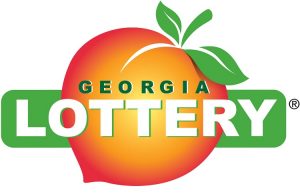Walter Williams offered a simple analysis of income inequality in last Wednesday’s Citizen incorporating an analogy of “poker justice” to elucidate the variance in wealth accumulation.
He noted that in a non-cheating game, the poker prowess of Tom over Dick and Harry was easily explained by Tom’s industriousness compared to the indolent efforts of his fellow players. This simply explicates why Tom should never share his financial rewards with Dick or Harry.
However, a closer inspection may reveal a few complications. Suppose that Tom enjoyed a developmental history replete with poker playing from his earliest memory. His parents discussed poker strategy constantly and schooled him in every nuance of gamesmanship.
Likewise, his associates loved poker and challenged him to contests regularly. Perhaps Dick had been exposed to a few peers who hastily taught him the game, and Harry had never handled a deck of cards.
Given these circumstances, the singular oddity would be for Tom’s mastery over Dick and Harry to falter.
Perhaps Dick may apply himself to the game while watching Tom steadily defeat him, and he might improve. Harry may quickly tire of losing his money to Tom, despair of ever advancing to a competitive level, and abandon the game altogether.
Mr. Williams simply ignores trifling details and declares Tom quite deserving because the game was played according to Hoyle’s rules. Why shouldn’t Tom pocket the antes of Dick and Harry? After all, they chose a developmental history devoid of poker enrichment. They simply reaped what they sowed.
I agree with Mr. Williams’ observation that merely redistributing Tom’s winnings back to Dick and Harry would be counterproductive. Tom would easily win the money back with no real enjoyment of the competition.
However, were Tom either personally to tutor his partners in poker strategy or to allow some of his winnings to be invested in this learning enterprise, he may discover that Dick and Harry would become more proficient and might continue to compete with him on poker nights.
Tom could ultimately accrue more money since his partners would return to the table and maybe bring their friends, expanding Tom’s winning potential.
Perhaps Mr. Williams’ simple explanation captures reality. Or perhaps real life complexities require more thoughtful analysis.
After all, I have presented but one of myriad alternatives using his analogy. It seems that explanations aren’t always so simple.
David Aycock
Fayetteville, Ga.












Leave a Comment
You must be logged in to post a comment.